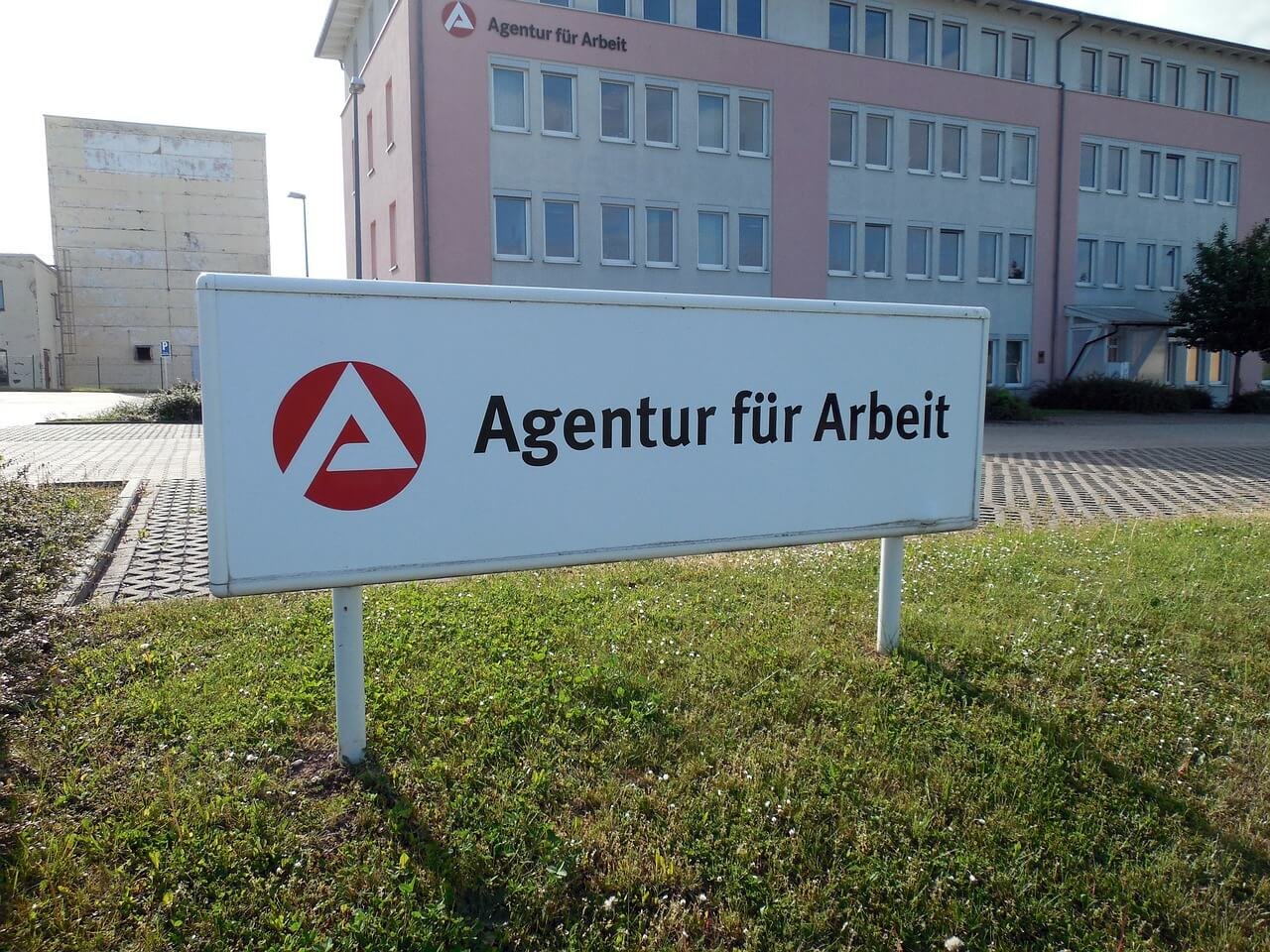
Germany’s real estate market is one of the most stable and transparent in Europe. With its robust legal system, strong economy, and low property ownership rates among locals, Germany presents significant opportunities for foreign nationals looking to buy real estate. Whether you’re relocating for work, investing in rental property, or planning to retire in Germany, the legal process of acquiring property is formal, well-regulated, and offers legal certainty—if done correctly.
This guide explains everything expats and international investors need to know to buy real estate in Germany, including legal requirements, the notarial process, taxes, and practical tips to avoid common pitfalls.
Content
- 1. Can Foreigners Buy Real Estate in Germany?
- 2. Overview of the Legal Process to Buy Real Estate
- 3. Property Search and Price Negotiation
- 4. Role of the Notary (Notar)
- 5. The Purchase Agreement: What’s Included?
- 6. Paying for the Property
- 7. Real Estate Taxes and Costs
- 8. Registration in the Land Register (Grundbuch)
- 9. Legal Due Diligence
- 10. Financing Options for Foreign Buyers
- 11. Special Considerations for Expats
- 12. Common Pitfalls to Avoid
- Conclusion
1. Can Foreigners Buy Real Estate in Germany?
Yes. Germany has no restrictions on foreign property ownership. Non-EU citizens, EU residents, individuals, and legal entities (e.g. foreign companies) are all permitted to:
- Purchase residential and commercial property
- Own property solely or jointly
- Inherit or be gifted property
However, non-resident buyers may face additional documentation, compliance, and banking requirements, particularly under anti-money laundering laws.
2. Overview of the Legal Process to Buy Real Estate
Unlike many other countries, real estate transactions in Germany follow a standardised legal procedure that includes mandatory notarisation and public registration in the land register (Grundbuch).
Key Steps:
- Find the property and negotiate the terms
- Engage a notary to draft the purchase contract
- Sign the notarised agreement (binding)
- Fulfil payment and tax obligations
- Register ownership in the land register
Ownership is not transferred until entry into the Grundbuch has been completed.
3. Property Search and Price Negotiation
Most buyers begin their search via:
- Real estate agents (Immobilienmakler)
- Online platforms (e.g., Immobilienscout24, Immowelt)
- Developer sales (for new construction)
- Private listings
Once a price is agreed, it is not binding until formal notarisation. It is common for buyers to submit an offer subject to contract (freibleibendes Angebot).
4. Role of the Notary (Notar)
A notary is a neutral legal officer responsible for:
- Drafting the purchase agreement (Kaufvertrag)
- Confirming the legal status of the property
- Explaining the legal consequences to both parties
- Handling the registration process
- Managing escrow payments and land registry entries
Notaries are mandatory for real estate sales in Germany. They do not act on behalf of either party but ensure legal compliance.
5. The Purchase Agreement: What’s Included?
The notarised contract outlines:
- Description of the property (land register reference, size, use)
- Purchase price and payment deadlines
- Handover date
- Existing leases or encumbrances
- Warranties (usually limited or excluded)
- Conditions precedent (e.g. mortgage approval)
Foreign buyers should have the contract translated or reviewed by a legal advisor, as German law applies and the contract is binding once signed.
6. Paying for the Property
Most transactions are completed through a trustee payment mechanism, where the buyer pays the purchase price only after:
- Tax clearance is obtained
- Land registry has granted priority notice (Auflassungsvormerkung)
- All preconditions are fulfilled
Bank financing may be used. German banks often finance up to 60–80% of the property value for foreign residents. Non-residents may need to provide more equity and collateral.
7. Real Estate Taxes and Costs
Buyers should budget for an additional 10–15% on top of the purchase price to cover:
| Cost Component | Rate / Estimate |
|---|---|
| Real estate transfer tax (GrESt) | 3.5% to 6.5% (varies by state) |
| Notary fees | ~1% to 1.5% |
| Land register fees | ~0.5% |
| Agent commission (Maklerprovision) | Up to 3.57% (often split) |
| Legal advice / translation (optional) | Varies |
These costs are paid separately from the purchase price and are not typically financed.
8. Registration in the Land Register (Grundbuch)
Ownership of real estate is legally effective only after registration in the Grundbuch, maintained by the local district court (Amtsgericht).
Steps include:
- Notary files registration request
- Priority notice is entered
- Purchase price is paid
- Final ownership entry is made
This process can take 6–12 weeks, but the buyer is protected during this period by the priority notice.
9. Legal Due Diligence
Before committing to buy real estate in Germany, foreign buyers should review:
- Grundbuchauszug (land register excerpt)
- Building permits and zoning status
- Existing tenancy agreements
- Easements or encumbrances
- Energy certificate (Energieausweis)
- Proof of property boundaries and building structure
Legal due diligence can prevent unexpected costs, tenant disputes, or loss of rights.
10. Financing Options for Foreign Buyers
Foreign nationals may obtain German mortgage financing if they:
- Have stable income or assets
- Are legally residing in the EU or Germany
- Provide at least 20–30% equity
- Work with a local bank or financing intermediary
International buyers may need to open a German bank account, and some banks require life or property insurance as part of loan conditions.
11. Special Considerations for Expats
- Expats holding a residence permit can usually buy property without restrictions
- Owning property in Germany does not automatically grant residency rights
- Long-term property owners may be eligible for permanent residency depending on their overall immigration status
- If letting the property, expats must comply with rental and tenancy law, which is strongly pro-tenant
12. Common Pitfalls to Avoid
- Signing a purchase offer without legal review
- Not verifying the land register status or existing encumbrances
- Failing to factor in full acquisition costs
- Assuming notaries provide individual legal advice
- Relying on foreign financing without prior approval
📌 Tip: Work with a local lawyer, notary, and real estate advisor to ensure full compliance and transparency throughout the transaction.
Conclusion
Germany offers a secure, regulated environment for foreigners to buy real estate—whether for private use, rental income, or long-term investment. While the process is formal and document-heavy, it ensures strong legal protections for both parties.
By understanding the legal steps, involving qualified professionals, and conducting thorough due diligence, international buyers can successfully navigate the German real estate system and make confident, secure property investments.






